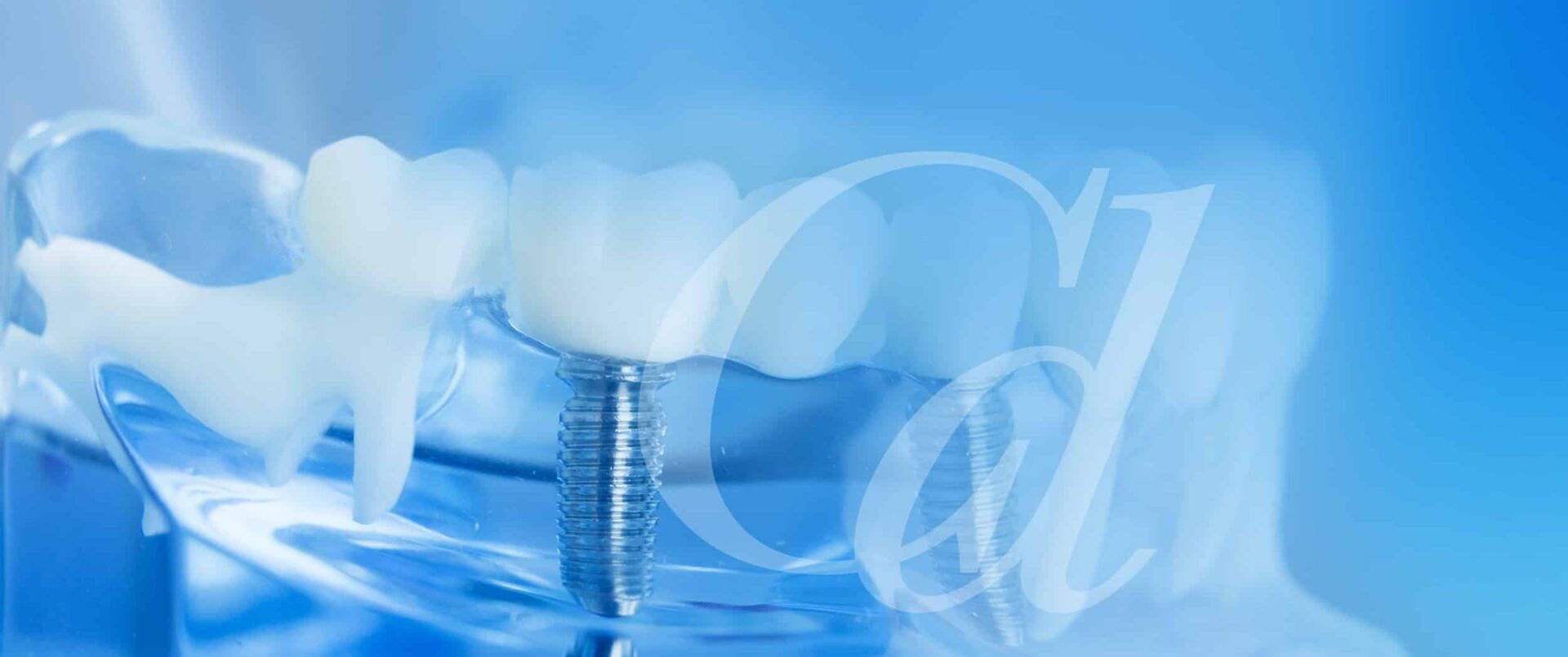Subperiosteal Implants: The Best Solution for Low Bone Density Tooth Replacement in Vancouver, WA

Are you struggling with tooth loss but told you can’t get traditional implants due to low bone density? Subperiosteal implants could be the solution you’ve been searching for. At Cascade Dental, we specialize in offering high-quality subperiosteal implants to help restore your smile and improve your dental function, even when traditional implants aren’t an option.
Subperiosteal implants are ideal for patients who need tooth replacement but lack sufficient bone density. This advanced procedure provides a stable foundation for artificial teeth, allowing you to regain confidence in your smile and oral health.
What are Subperiosteal Implants?
Subperiosteal implants are a specialized dental implant designed for patients with insufficient bone density. Unlike traditional implants, which need a strong foundation of bone, subperiosteal implants rest on top of the jawbone under the gum line. These implants offer a secure base for artificial teeth, providing a solution for those who can’t get conventional implants.
Each subperiosteal implant is custom-designed to match the unique contours of your jaw, ensuring a comfortable and stable fit. They are also ideal for people who’ve experienced significant bone loss due to injury, disease, or long-term dental issues.
How Do Subperiosteal Implants Work?
Step-by-Step Process for Subperiosteal Implants
Here’s what you can expect when getting subperiosteal implants at Cascade Dental:
- Initial Consultation and Evaluation
We’ll evaluate your oral health, bone density, and determine if you’re a good candidate for subperiosteal implants. Advanced imaging helps us assess your bone structure and decide on the best solution. - Custom Implant Design
Once we confirm that you’re a suitable candidate, we design a custom implant to fit your jaw. This ensures it fits comfortably and offers a secure foundation for your new teeth. - Implant Placement
The subperiosteal implant is placed on top of your jawbone under the gum line. We use local anesthesia to ensure your comfort, and the procedure is performed with precision for maximum stability. - Attachment of Prosthetic Teeth
After the implant integrates with your jawbone, we attach custom-made prosthetic teeth that match your natural teeth in shape, size, and color, restoring your smile seamlessly.
Key Benefits of Subperiosteal Implants
Why Choose Subperiosteal Implants Over Traditional Implants?
- Ideal for Low Bone Density
Subperiosteal implants don’t require a strong bone foundation like traditional implants, making them perfect for patients with bone loss or insufficient bone mass. - Custom Fit for Comfort
Each implant is designed to fit the contours of your jaw, ensuring a natural and secure fit. - Durability and Long-Term Success
With proper care, subperiosteal implants provide a lasting solution for tooth replacement, offering long-term durability. - Improved Function and Confidence
Subperiosteal implants restore your ability to speak, eat, and smile with confidence. They bring back the natural function of your teeth, enhancing both your social and professional life.
Why Choose Cascade Dental for Your Subperiosteal Implants?
At Cascade Dental, we’re committed to delivering the highest level of care. Here’s why you should trust us with your subperiosteal implant procedure:
Experience You Can Trust
Our team has extensive experience in performing subperiosteal implant procedures, ensuring your treatment is as effective and comfortable as possible.
Cutting-Edge Technology
We use state-of-the-art equipment and advanced imaging techniques to ensure your implants fit perfectly and function optimally.
Comprehensive Aftercare
We offer thorough post-procedure care to monitor your healing and ensure long-lasting results. Follow-up appointments are scheduled to ensure your implants continue to function as expected.
Subperiosteal Implants vs. Traditional Implants
Here’s a quick comparison between the two:
- Traditional Implants: Require a solid jawbone structure, often involving bone grafting if there’s insufficient bone mass.
- Subperiosteal Implants: Ideal for patients with low bone density. These implants sit on top of the jawbone and don’t require additional bone grafting.
What to Expect During Your Subperiosteal Implant Procedure
The Steps to a Restored Smile
- Preparation
The procedure starts with local anesthesia to ensure you remain comfortable throughout. Our team will carefully prepare the area for optimal results. - Implant Placement
The subperiosteal implant is placed on top of the jawbone, beneath the gum line. This precise placement ensures stability and long-term success. - Recovery and Aftercare
After the procedure, you’ll receive instructions on how to care for your implant. Most patients can return to normal activities within a few days, although full healing can take a few months.
Frequently Asked Questions (FAQs) About Subperiosteal Implants
- How long do subperiosteal implants last?
With proper care, subperiosteal implants can last for many years. Regular dental checkups will help ensure they stay in good condition. - What is the recovery time?
Most patients recover within a few days to a week. Full healing may take several months, depending on the individual. - Are subperiosteal implants covered by insurance?
Coverage can vary depending on your insurance provider. We’ll work with your insurance company to help maximize your benefits and understand your coverage.
Say Goodbye to Tooth Loss and Restore Your Smile with Subperiosteal Implants!
If you’re interested in learning more about subperiosteal implants and how they can benefit you, schedule a free consultation at Cascade Dental today. Our team is here to provide personalized care and help you regain your smile with the most effective tooth replacement solution.

